There's more to John Huston's Key Largo (1948) than meets the eye.
Let's take a look at what's generally understood about the film. Humphrey Bogart stars as Frank McCloud a World War II vet who makes a pilgrimage to a Key Largo hotel operated by an ex Army buddy's father and wife. McCloud's pal was killed in action.
The father is played by Lionel Barrymore. As in It's A Wonderful Life (1946) he's wheel chair bound but that's the extent of any similarities. This is a kind man well liked in the community. Lauren Bacall is the lovely young widow.
It's off season so the hotel is normally closed but a group of supposed fisherman have paid big money to stay there. Their group includes a lush played by Claire Trevor whose performance garnered her a well-earned Oscar. In reality the men are gangsters and the kingpin is one Johnny Rocco played by Edward G. Robinson. Rocco has been deported from America but has snuck back in to make another big score.
Inevitably our good people run afoul of the gangsters who hold them hostage. Meanwhile a hurricane hits. Once the storm is over McCloud is forced to transport the gang by boat to Cuba and en route heroics ensue.
That about sums it sums it up -- or does it? No.
Much is made about McCloud and, by obvious extension other Americans, who fought in the war to rid the world of evil forces lead by evil men. In the likes of Rocco (whose character is not so loosely based on Charles "Lucky" Luciano) there is yet more evil to be rid of and some of which lives within our midst. In other words evil is both a nationalistic force and an internal criminal one. Ridding the world of one menace simply means just turning our attention to the next one.
Rocco is a gangster for whom no amount of money is ever enough. But he's more. Rocco is vile and profane. There are two chilling scenes in which he whispers obvious vulgarities into Bacall's ear. In the wake of World War II it was clear that evil didn't just conquer and kill, it was a sadistic, loathsome force.
In Key Largo a local cop is needlessly killed after suffering several beatings. Two innocent natives are mistakenly killed by another cop as a consequence of Rocco's actions. The descent into violence and injustice is rapid and inexorable when evil takes control. Bravery is challenged. Otherwise normal souls have to question how much they would sacrifice (the ultimate price?) to stop evil. And will it matter? As McCloud says: "One Rocco more or less isn't worth dying for."
Rocco's hostages are helpless. Like a minority population in a European country controlled by a tyrant, they've no escape. Right comes from the barrel of a gun.
Key Largo asks a lot of questions about how pervasive is evil, how sometimes futile it can be to rid ourselves of it. You swat one mosquito and there's always another. There is also the mighty force of nature in the form of a hurricane. A power that knows not good or evil. Only those clever or lucky enough to be adequately protected. The hurricane is what scares Rocco. McCloud's suggestion that he try to shoot it is one of the film's best lines.
Key Largo is an excellent film. In the fourth and final movie matching Bogie and Bacall, Bacall looks at her youngest and most innocent. It is a wonderfully understated performance.
Robinson could have vamped his way through a part that was quite familiar to him. He didn't. His Rocco is no cartoon character but a truly slimy gangster. He's not a "boo! hiss!" bad guy so much as a "yuck! how awful" one. Bogie is just as you'd want him. Sincere, honest and heroic. One of the greatest mistakes audiences have made over the years is under estimating his range. He knew as in Treasure of the Sierra Madre (1948) and African Queen (1951) when to cut loose and he knew, as in Key Largo, when to play it cool.
His performance in Key Largo suggests a thoughtful not reflexive man. It's layered, as is the movie itself.




.jpg)






No comments:
Post a Comment